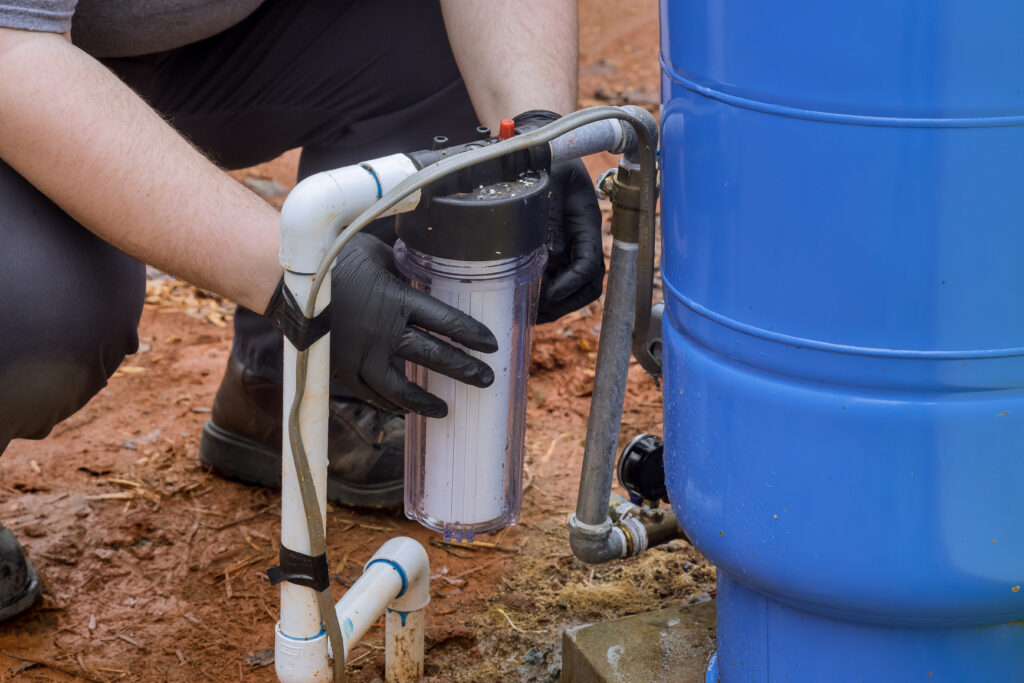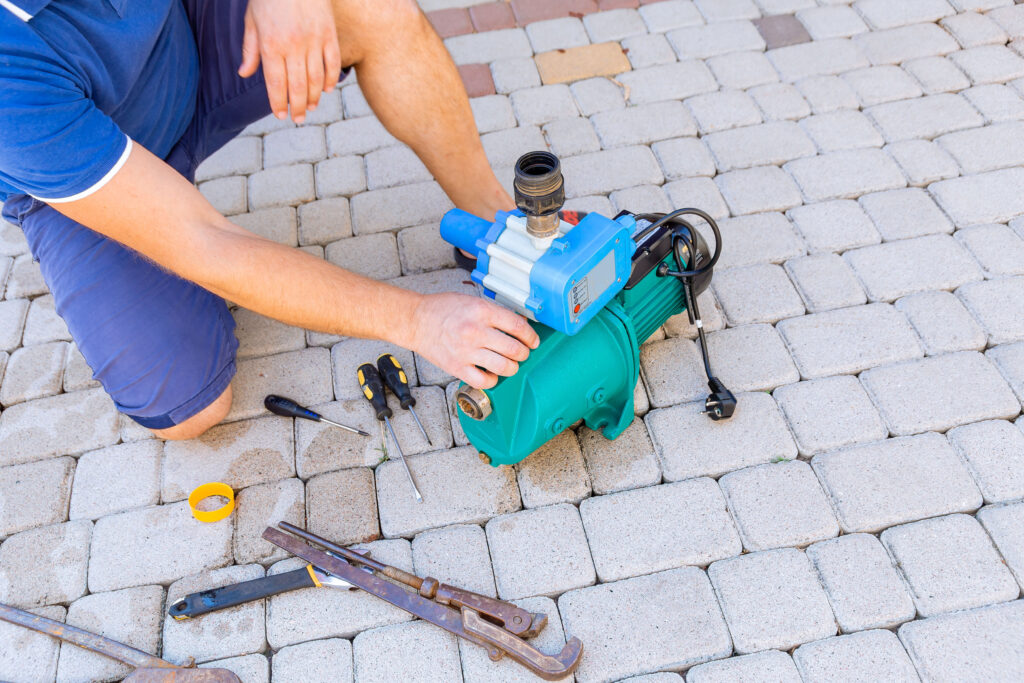People who rely on well water know that the heart of the system is the well pump. This is the device that delivers water from the ground to your home or business, ensuring a constant and reliable water supply. However, like any mechanical system, well pumps require regular maintenance to operate efficiently. Understanding the significance of well pump service can prevent inconvenient breakdowns, ensure water quality, and extend the lifespan of the pump.
Understanding Well Pump Systems
A well pump system consists of several components, including the pump itself, pressure tanks, pipes, and electrical connections. At its core, the well pump’s job is to extract water from the well and pressurize it for storage and use. There are various types of well pumps, but submersible pumps and jet pumps are among the most common, each suited for different well depths.
Submersible Pumps
Submersible pumps are placed directly in the well, and submerged in the water. They are typically used in deep wells, where the distance to the water surface exceeds 25 feet. These pumps push water to the surface by converting rotary energy into kinetic energy into pressure energy. This is achieved through a hermetically sealed motor that drives an impeller, pushing water up through the well and into the pressure tank.
Jet Pumps
Jet pumps are installed above ground and are effective for wells where the water is less than 25 feet deep (shallow well versions) or between 25 to 110 feet deep (deep well versions). Unlike submersible pumps, jet pumps operate by drawing water up with suction, which is created by a mechanism that increases water velocity. For deep well applications, a second pipe is used to assist in this process.
The Importance of Regular Well Pump Service
Regular maintenance of your well pump system is important to prevent failures and secure a safe and continuous water supply. Scheduled checks can identify wear and tear before it leads to significant damage, thereby avoiding costly repairs or replacements. Additionally, maintenance ensures that the water reaching your tap is clean and free from contaminants, as well functioning equipment is less likely to allow groundwater pollutants into your system.
Identifying Common Well Pump Problems
Several indicators suggest your well pump might need attention. Decreased water pressure, for example, could indicate a problem with the pump or the pressure tank. Noises or erratic operation of the pump could signal mechanical issues, while changes in water quality or appearance might suggest the need for system cleaning or part replacement.

What Does Well Pump Service Include?
Professional well pump service involves a thorough inspection of the entire system. This can include checking electrical connections for safety, inspecting the pump and its components for wear, and testing the system’s pressure and flow. Service technicians might also clean screens and filters, adjust settings for optimal performance, and recommend the replacement of parts that are worn out or near the end of their useful life.
How Often Should You Service Your Well Pump?
The frequency of service can depend on several factors, including the age of the system, water usage levels, and the quality of the water being pumped. As a general guideline, annual inspections are recommended to ensure that your well pump and system are in good condition. However, if you notice any signs of trouble, such as those mentioned earlier, it’s advised to contact a professional immediately.
DIY Maintenance vs. Professional Well Pump Service
While there are minor maintenance tasks that homeowners can undertake, such as keeping the area around the well clean and checking for visible signs of damage, most aspects of well pump maintenance should be left to professionals. Experts in well pump service have the tools, knowledge, and experience to diagnose and repair complex issues safely and efficiently.

Choose Waterways for Unmatched Well Pump Service
Thanks to our blend of expert knowledge, reliability, and comprehensive service offerings, Waterways Water Service emerges as the definitive choice. With a commitment to customer satisfaction at its core, Waterways ensures your well pump system is in peak condition. They employ the latest technologies for efficient and cost-effective solutions. Their seasoned professionals are adept at handling both submersible and jet pumps, providing tailored maintenance that extends the lifespan of your water system and prevents unforeseen disruptions. By prioritizing prompt, courteous service, Waterways guarantees a seamless and satisfactory experience for every client. Contact Waterways Water Service today and enjoy the assurance of a clean, safe, and abundant water supply.
Well Pump Service FAQs
If you notice decreased water pressure, hear unusual noises coming from your pump, or observe changes in water quality, it might be time for a service check. These signs can indicate potential issues with your well pump system that require professional attention.
Submersible pumps are designed for deep wells and operate underwater to push water to the surface. Jet pumps, on the other hand, are installed above ground and use suction to draw water, making them suitable for shallow or intermediate wells. Each type has its own maintenance needs due to their distinct operational methods and installation locations.
Annual service checks are recommended to ensure your well pump system is functioning efficiently and to identify any potential issues before they become major problems. However, if you encounter any signs of malfunction, it’s important to contact a professional immediately, regardless of the last service date.
While basic tasks like keeping the area around your well clean and monitoring for visible signs of damage can be done by homeowners, most maintenance and repair work should be conducted by professionals. This ensures that any issues are accurately diagnosed and safely repaired, maintaining the system’s integrity and performance.
The decision to repair or replace a well pump depends on several factors, including the age of the pump, the nature of the malfunction, and the cost of repair compared to replacement. Generally, if a pump is near the end of its expected lifespan and the repair costs are significant, replacement might be the more economical choice. A professional assessment can provide guidance based on the specific circumstances and condition of the pump.

